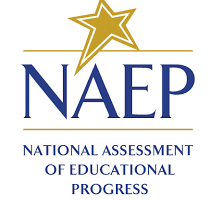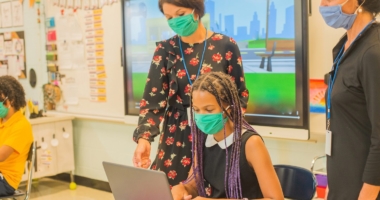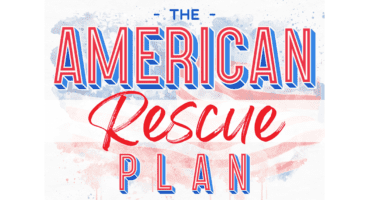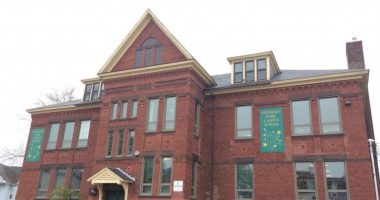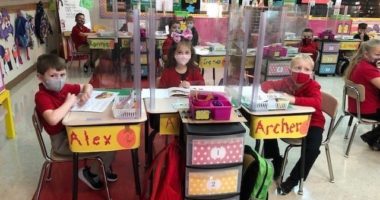What Kind of School Produces Hundreds of Top African American Scientists?
One where educators take responsibility to help students thrive, excel, and be intellectually curious.
More than 30 years ago, Dr. Freeman A. Hrabowski III began a small program at the University of Maryland Baltimore County. With a core set of principles that include high expectations and collaboration, UMBC’s Meyerhoff Program has since produced hundreds of scientists, professors, and leaders, including Dr. Kizzmekia Corbett, one of the lead researchers on the new mRNA coronavirus vaccine.
“Everybody talks about high expectations,” Hrabowski says. “It’s not just about high expectations of students; it’s high expectations of us as professionals.”
In this wide-ranging discussion in which he shares his “zest for learning,” Hrabowski talks about how he structured the Meyerhoff Program and used its success not only to inform other programs at the university but also inspire other universities to adopt the same principles and structures.
Hrabowski brings a lifetime of working for education and democracy to the question of how to successfully educate children. He himself, at the age of 13, answered the call of Dr. Martin Luther King Jr. to protest injustice, joining what is today called the Children’s Crusade in Birmingham, Alabama and spending five days in Bull Connor’s jail.
“There’s a message from the 60s that we can learn right now,” he says. “We have to get away from the hatred.”
He sees this moment in American history as a “tale of two countries.” “We in education have a chance to play a role in determining approaches that will open the minds of all of us.”
Educators have a key role right now to help “our citizens—people in general—how to think critically; how to value evidence and proof; how to remove emotion and look at the factors, look at the positions; and to find common ground where possible but to always shoot an arrow at that which is a lie,” he says. “We have too many people who believe in lies.”
Hrabowski is widely recognized as one of the most influential university presidents in the country. His 2013 TED talk, The Four Pillars of College Success in Science has more than 1 million views. He is author of several books:
The Empowered University: Shared Leadership, Culture Change, and Academic Success, with Philip Rous & Peter Henderson, 2019, Johns Hopkins University Press.
Holding Fast to Dreams: Empowering Youth, from the Civil Rights Crusade to STEM Achievement, 2015, Beacon Press.
Beating the Odds: Raising Academically Successful African American Males, with Geoffrey Greif & Kenneth Maton, 1998, Oxford University Press.
Overcoming the Odds: Raising Academically Successful African American Young Women, with Geoffrey Greif, Kenneth Maton, & Monica Greene, Oxford University Press, 2002.
Podcast: Play in new window | Download
Subscribe: Apple Podcasts | RSS


